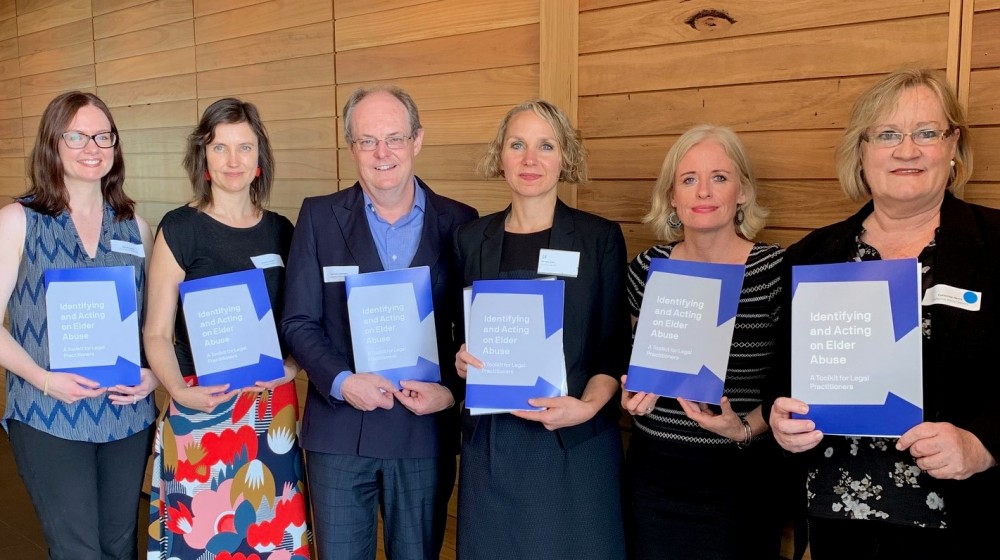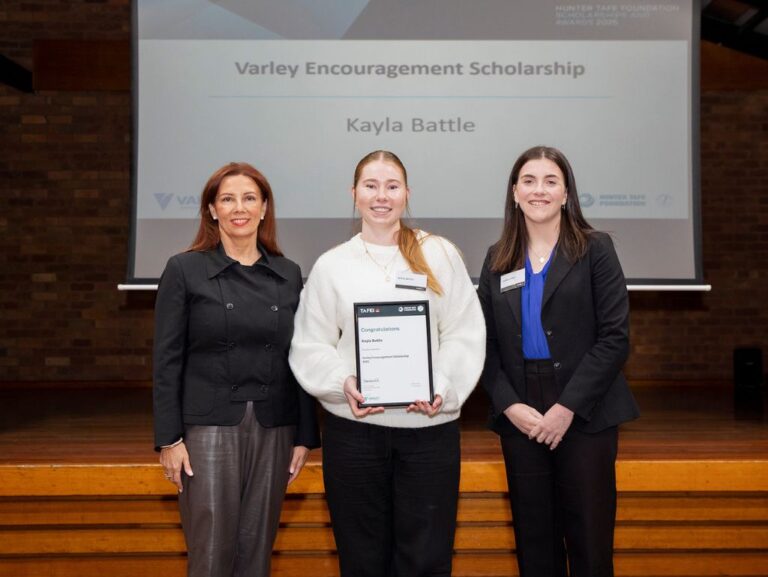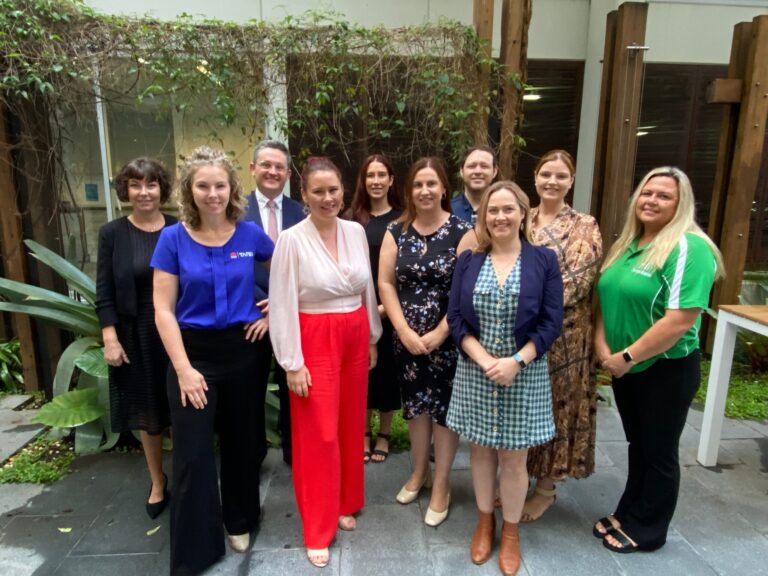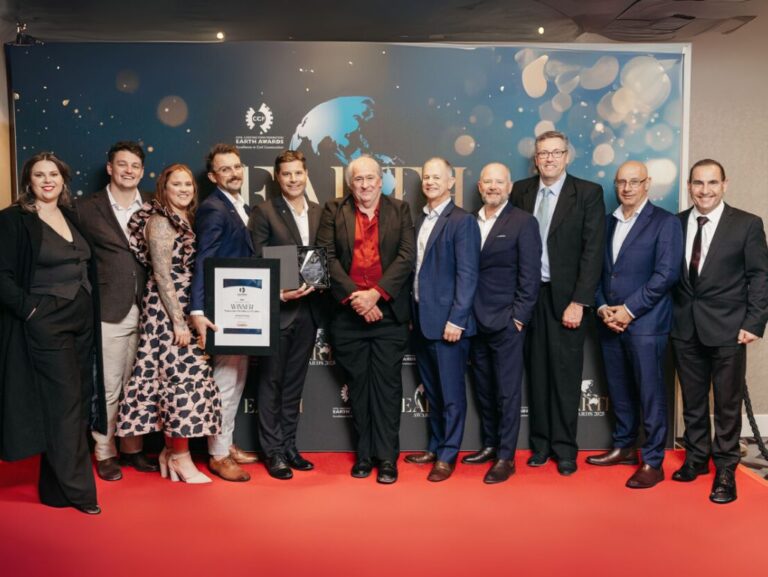Hunter-based law firm, Catherine Henry Lawyers, is one of the first organisations in Australia to use a new, first of its kind, tool-kit designed to help the nation’s lawyers better identify and combat the growing problem of elder abuse.
Identifying and Acting on Elder Abuse toolkit was developed by the University of Newcastle and University of Technology, Sydney, as part of an elder abuse pilot project funded by the NSW Government.
The tool-kit includes an elder abuse screening process and checklists to assist lawyers in identifying and assisting clients at risk of or experiencing various forms of elder abuse. It also covers lawyers’ ethical responsibilities including duties of confidentiality, background information on elder abuse as well as information to help lawyers properly refer people to other support services.
Catherine Henry Lawyers’ Principal, Catherine Henry was at the National Symposium on Health, Justice and Ageing in Sydney for the launch of the toolkit.
Catherine, who is an elder law specialist and aged care advocate, said elder abuse is a growing community problem. She said the under-detection of elder abuse is a serious issue. She commended the tool-kit authors for creating a practical resource.
The World Health Organisation defines elder abuse as “a single, or repeated act, or lack of appropriate action – occurring within any relationship where there is an expectation of trust – which causes harm or distress to an older person”.
Catherine said elder abuse can be physical or emotional abuse but there is an increasing incidence of financial abuse. It is estimated that at least five per cent of older people experience financial abuse, although there is much under-reporting.
“With more than 113,000 people in the Hunter aged 65 years and above (2016 Census) that is potentially more than 5,600 older Australians being financially taken advantage of, often by family members or carers,” Catherine said.
She said her firm has helped seek justice in a number of cases of elder abuse. Common scenarios include older people gifting their home or money in exchange for promises of accommodation or care that doesn’t eventuate; attorneys misusing their powers under an enduring power of attorney; an older person who has lost capacity suffering as they are caught in a family dispute over who should make decisions for them; and a third party ingratiating themselves into the life of an older person for financial gain.
“We are sadly seeing more cases of inheritance impatience from children with large debts and mortgages looking to access their parents’ money illegally,” Catherine said.
The University of Newcastle staff involved in the project are Professor John Anderson from the School of Law, Shaun McCarthy who is the Director, University of Newcastle Legal Centre, and Dr Elise Mansfield, a Post-Doctoral Fellow in the Faculty of Health and Medicine. Associate Professor Nola Ries from the University of Technology, who led the project, is a former University of Newcastle academic.
John said lawyers are involved in developing or changing wills, designating power of attorney and other financial decisions that carry huge weight for someone considering the next stage of their life.
“This can be a particularly tricky area, especially when conversations can be short and if the elderly client’s family are involved in, or even controlling, those conversations,” John said.
“Essentially, it’s necessary for the legal practitioners having these conversations to take on a role more akin to social work in combination with their legal expertise, but there hasn’t really been useful guidance to support them to do that.”
The toolkit follows the Australian government’s launch of a national plan to respond to the abuse of older Australians as well as the commencement of the Royal Commission into Aged Care Quality and Safety. The Australian Government recently launched a free national hotline to report elder abuse. The NSW Government has an Elder Abuse Helpline and Resource Unit.
Catherine said the tool-kit was another useful step forward in tackling elder abuse but more needs to be done. She said bank staff, health professionals and other people could also benefit from this resource or a similar one. A national register of enduring powers of attorney – a common vehicle for elder abuse – would also help staff in banks, law firms and other organisations to check their validity.
IMAGE | Catherine Henry (front right) at the launch of the new Identifying and Acting on Elder Abuse toolkit.






